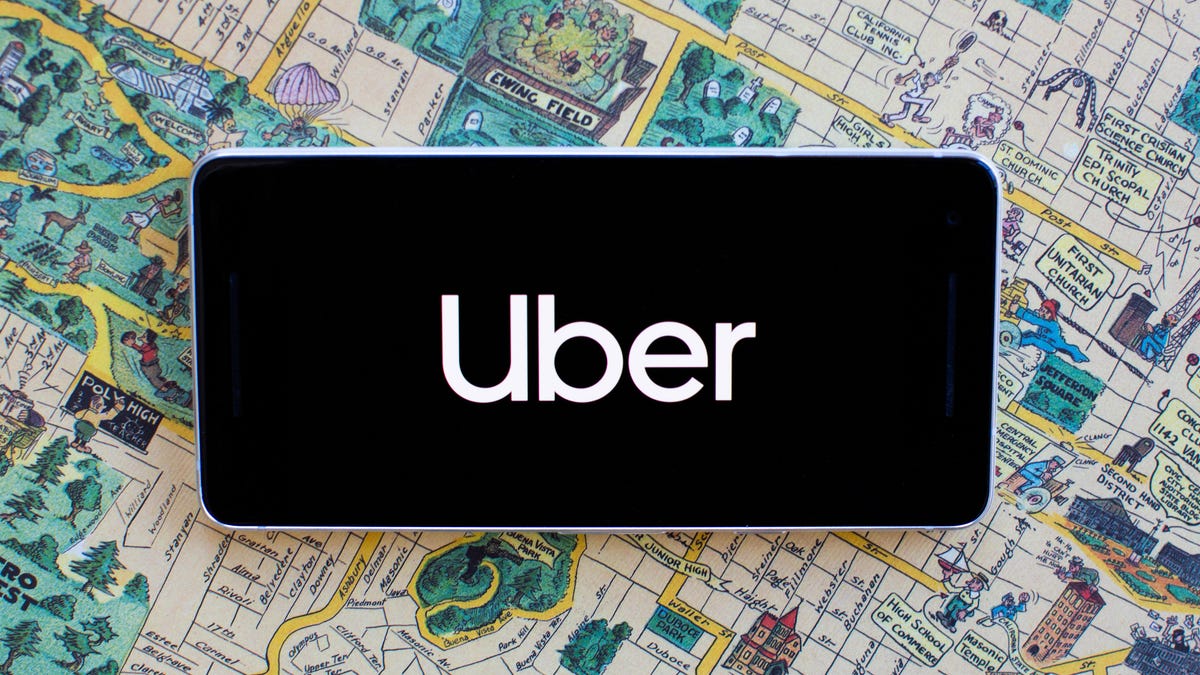Uber's lawsuit against New York City has been dismissed
Uber tried to prevent NYC from limiting the number of vehicles allowed.

Uber's lawsuit to prevent the City of New York from capping the number of vehicles allowed to cruise on city streets has been dismissed. The decision, published Oct. 31 and reported earlier Friday by The Verge, was made in the Supreme Court of the State of New York, New York County.
The city council first passed a law in August 2018 that capped the number of ride-hailing vehicles allowed in New York City, and extended it indefinitely in June. Mayor Bill de Blasio at the time said it was an effort to fight congestion and provide higher wages.
The new cap also set a limit on how many empty vehicles can "cruise" the streets of Manhattan. Vehicles may now be empty in the Manhattan Core below 96th Street for only 31% of the time they're on the road. That applies between 6 a.m. and 11 p.m. on weekdays, and 8 a.m. and 11 p.m. on weekends.
Cruising must be decreased to 36% by February 2020, and hit 31% by August 2020, with the rule to be enforced by "strict penalties," including suspending or revoking a company's license to operate in NYC.
Uber sued New York City in September, saying the cruising cap threatens its business model, with Lyft following suit in October.
"Drivers' flexibility is already being threatened by Mayor de Blasio's regulations, and the cruising cap will only make that worse," an Uber spokesman said when the lawsuit was announced. "This arbitrary rule used a flawed economic model, did not take into account how drivers are affected by previous regulations."
New York City already ensured drivers a per-trip amount netting $17.22 per hour minimum. According to de Blasio, since this rule took effect drivers have earned an additional $172 million between Feb. 1 and May 19, 2019.
Uber and Lyft didn't immediately respond to a request for comment.

